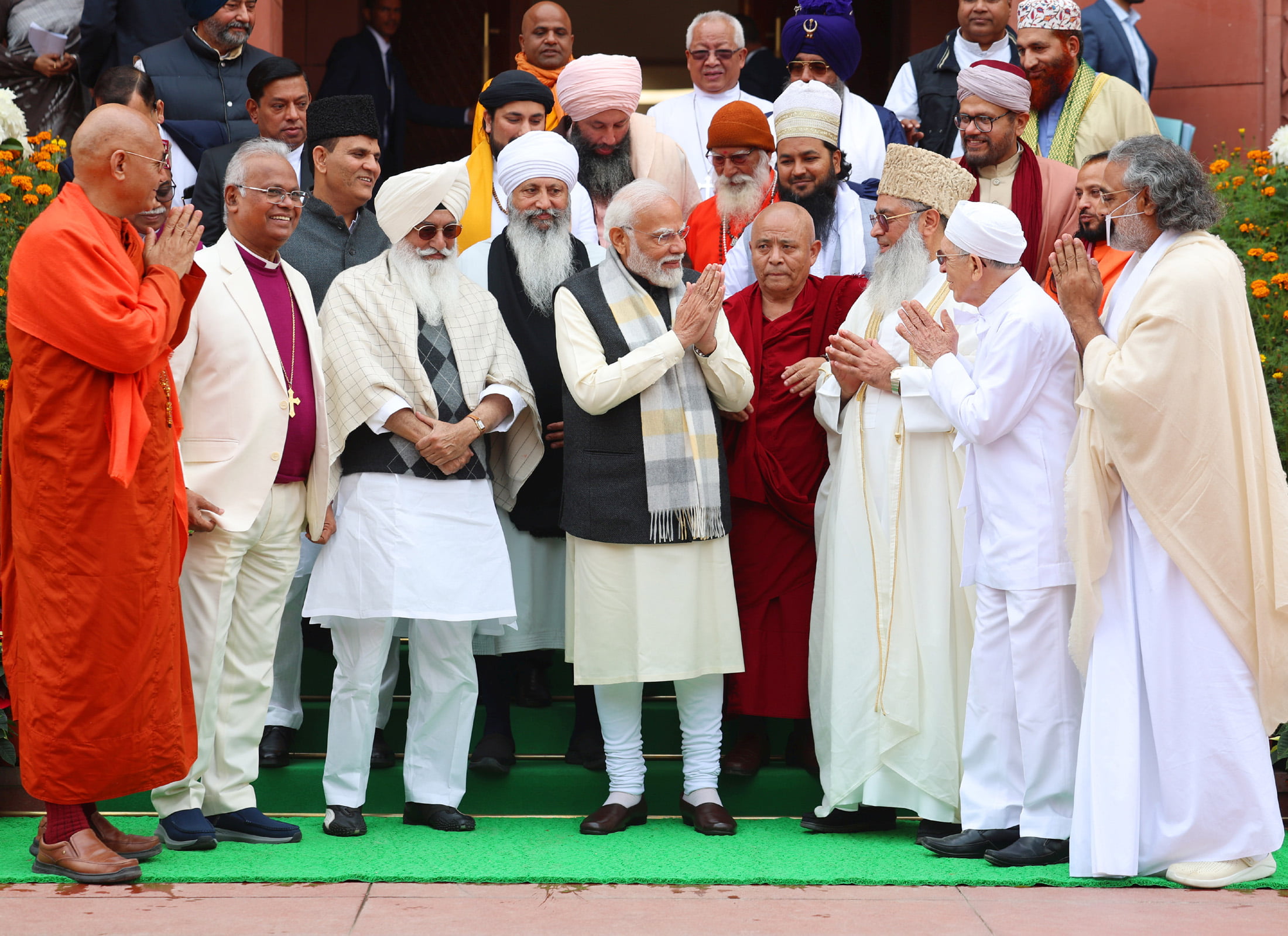In recent years, Western media outlets have frequently scrutinized Indian Prime Minister Narendra Modi’s leadership, often presenting a narrative that is critical of his policies and actions. While some of this coverage may offer valid perspectives, it’s essential to dissect the underlying agenda behind such portrayals.
Modi’s tenure has seen a resurgence of India’s cultural and religious heritage, exemplified by the recent consecration of the Ram Janmabhoomi Mandir. However, Western media coverage tends to downplay the significance of these cultural milestones, instead focusing on perceived violations of secular principles and minority rights.
This bias is particularly evident in the framing of Modi’s Hindu nationalist agenda. While his initiatives are aimed at celebrating India’s rich heritage and promoting national unity, Western media often portrays them as divisive and exclusionary. This narrative fails to acknowledge the complexities of Indian society and the genuine aspirations of its people.
Moreover, Western media outlets have been quick to label Modi’s policies as authoritarian or discriminatory, without considering the context in which they are implemented. For example, Modi’s decision to revoke the special status of Jammu and Kashmir was framed as an assault on democracy, overlooking the region’s history of separatist violence and terrorism.
Similarly, Modi’s support for the construction of the Ram temple in Ayodhya is portrayed as a capitulation to Hindu extremism, ignoring the deep-rooted cultural significance of the site for millions of Hindus. This biased portrayal perpetuates stereotypes about India and undermines its sovereignty as a democratic nation.
Furthermore, Western media often overlooks Modi’s efforts to promote economic growth and development, focusing instead on sensationalized narratives that paint him as a controversial figure. This selective reporting serves to undermine India’s progress and perpetuate negative stereotypes about its leadership.
In conclusion, decoding the agenda of Western media requires a critical examination of the narratives they perpetuate about Narendra Modi’s leadership. While constructive criticism is essential for a healthy democracy, it’s crucial to distinguish between genuine concerns and biased portrayals aimed at undermining India’s sovereignty and cultural identity. As India continues on its path of progress, it’s imperative that Western media outlets strive for balanced and nuanced reporting that reflects the complexities of the world’s largest democracy

